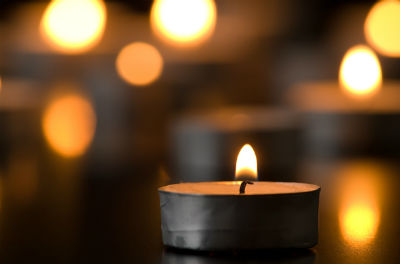 By John Adoor Deng, Australia
By John Adoor Deng, Australia
July 20, 2015 (SSNA) — While still mourning for my beloved brother Abraham N. Deng who passed away on Sunday 12th July 2015, I would like to take courage beyond mourning to shade light on his national contribution and how he died agonising for the country he fought hard. Abraham Ngon Deng, who was nicknamed in his military, might as Chau- ku -Jo hoou, meaning pouring/releasing bullets with loud sound during battles, Abraham Ngon Deng died in Juba surrounded by his children, wives, brothers, nephew and cousins.
On family level, we lost a brother, father, uncle who cares for all and who followed the footsteps of his great father Deng Ngon Deng Mayen, who was well-known for courage, bravery and for sharing his wealth with all people especially the needed in the greater Bor and beyond. As a family that holds Christian values and believe in God almighty, we have the comfort of Holy Scriptures that make death a thing beyond our human control. We have been taught to believe that God dictates who to bring to the world, and He solely decides who to take back on His timing. It is very painful to my young children to have lost their uncle whom they only knew of the phone conversation, but rarely on physical appearance. However, spiritually, we still have a chance to meet him in the heavenly realm.
On the national level, my elder is a hero; he fought the war that brought the independence of the Republic of South Sudan. As a newly married man, my brother left his young family to join the rebellion in 1983. He was made an artillery holder, a gun known as 46 and fought in numerous battles. He survived thousands of battles and ambushes around strategic towns in South Sudan. He was wounded on several occasions, Abraham would only take a few days off to have the wound healed but returned to battles.
Until 2005 when peace was signed, Abraham Ngon Deng was well valued in the army but after the peace agreement. Abraham was laid off from active military, transferred to the police service, demoted from his rank just to award few militias and former NCP converts that were integrated into their unit. He tabled his complained to relevant authorities, but nobody took an interest in his petition. When he realised that he was neglected by some of the senior colleagues, he fought the war with, during the struggle, my brother joined the unit of wounded heroes and accepted low rank. This is the unit where his death met him.
I can in this respect, say that my brother died agonising for the country he fought hard to liberate. He did not found the respect he deserved for the sacrifices he made during the liberation struggle. My brother’s case is icebergs of the greatest suffering our heroes continue to face in South Sudan. I may recall John Garang‘s prophetic statement when he said:
“Our blood will be shed because I hate oppression and marginalization of our people, but I will not even enjoy the fruits of this struggle. There are people sleeping comfortably right now, they don’t know the hunger or the sound of a gun. After our job is done that generation will take over; they will cut a large piece of land with pangas and sell it cheaply for a bottle of beer (Dr John Garang De Mabior, speech 1992).”
This is true of my brother story; he shaded much of his blood, but only those who were enjoying themselves elsewhere are now the kings consuming national resources like fire. If South Sudan has to be a country of fair goes, it must render services to all people that deserve the services including or great heroes and heroines.
The Author, John Adoor Deng, is a younger brother of late Abraham Ngon Ngon. He is the author of soon to be published a book, entitle: The De-Ethnicization of South Sudan Politics in the 21st Century. He can reaches by email: [email protected].

